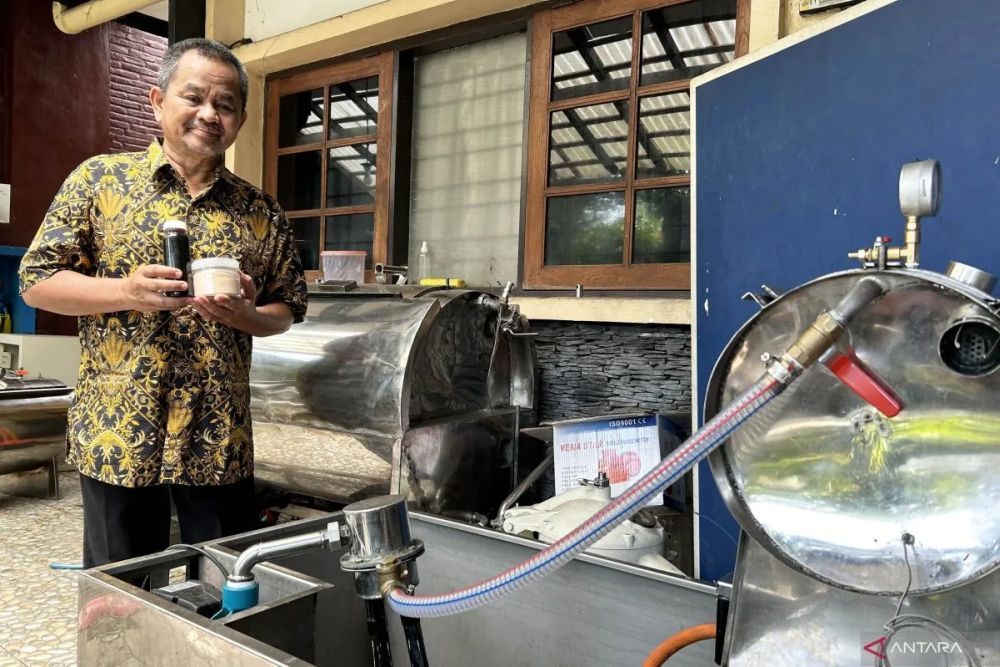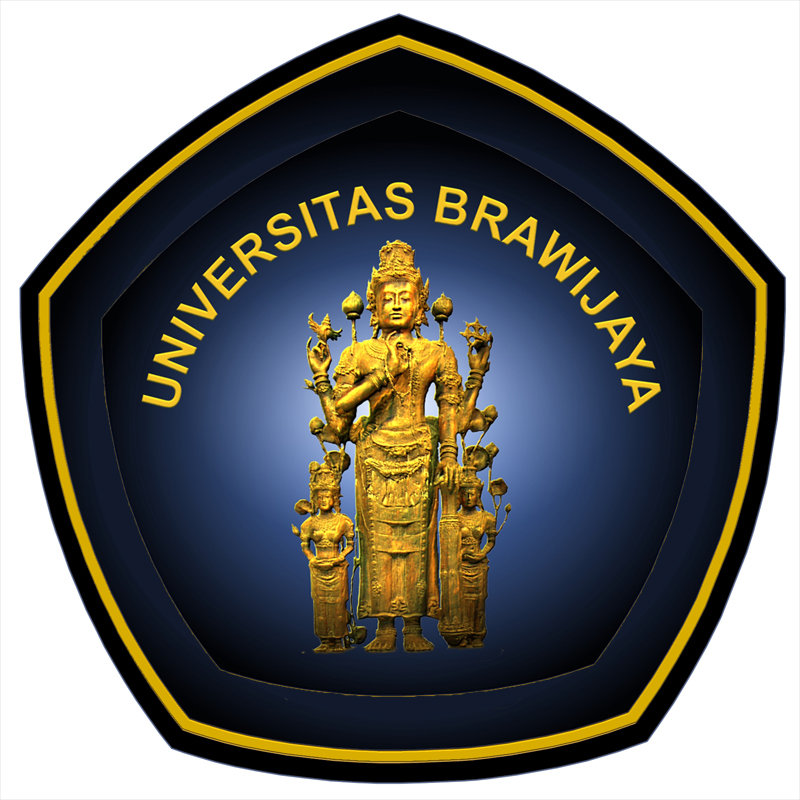A researcher from the Faculty of Agricultural Technology of Brawijaya University, Anang Lastriyanto, has developed a technology for processing honey that is expected to provide added value to the product.

According to Lastriyanto, his research took 3.5 years to produce powdered honey through an integrated process. “Not many people can create this technology on how to process honey into powder,” he says.
The first stage of the research, which was funded by the Indonesia Endowment Fund for Education Agency, involved developing the initial steps for the honey-processing process and producing a prototype of the tools used.
In the first year, honey was processed using pasteurization and rapid cooling or vacuum cooler methods, he informed. The development of the honey-processing process continued in the second year with the aim of increasing production to an industrial scale.
To increase production, pasteurization was used in processing, but the end product contained foam, indicating that the honey was not of good quality. “Honey becomes foamy when heated, so quality assurance and processing time are not necessarily guaranteed,” he explained.
However, Lastriyanto said, through rapid cooling after pasteurization, the problem of foam production during heating was resolved. In addition, the water content in the processed honey was reduced.
Thus, in the two years of research a number of processes were introduced, starting with pasteurization, rapid cooling, foam removal, and water content reduction. The four processes were integrated into a honey-processing technology, or “4 in 1” process.
“4 in 1 is a process of heating, cooling quickly, removing foam, and reducing water,” he said. He explained that in the third year of the technology’s development, the focus was on producing powdered honey, of which the most important process is formulation.
“In the process of (making) powdered honey, the most important thing is the formulation. We are targeting this formulation for acacia honey. Because breeders of acacia forest honey are facing hardship to market their products since prices have fallen,” he said.
The formulation process was carried out through a gradual process of research and evaluation of results. The formulation, which is currently being patented, was then continued with the heating process of the formulated honey.
Once heated, the mixture expands and then dries into lumps. The chunks are cooled, and then ground into powdered honey. “When exposed to heat, the mixture expands. The honey is protected by the (formulated) ingredients and becomes encapsulated,” he said.
Ultimately, in the course of his 3.5-year research, Lastriyanto managed to produce integrated processed honey, powdered honey, as well as a machine to process honey.
In the long term, powdered honey is expected to become a raw material for the industrial sector, both for domestic and international markets. The final product can also be used to supply needs in countries in Africa and Southeast Asia.
Brawijaya University: https://prasetya.ub.ac.id
Written: Vicki Febrianto/Yashinta Difa, Editor: A Malik Ibrahim, COPYRIGHT © ANTARA 2024
